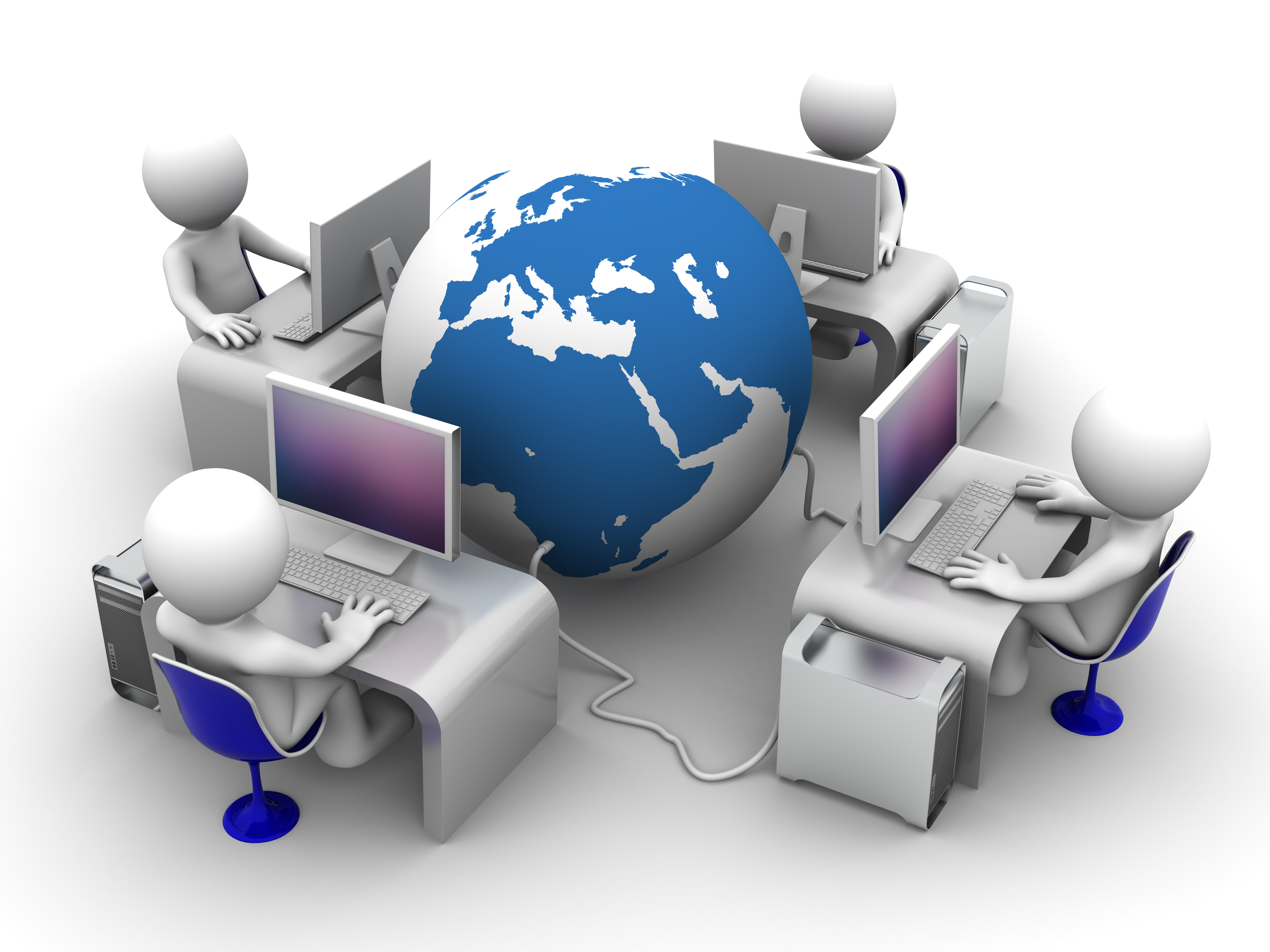This is the third of a three-part series where I’ll examine blockchain, why I don’t believe it is good for EVERY industry, the hurdles that I’m expecting it to face, and the industries (read: the government) that I believe should adopt it, like, yesterday. You can check out the full conversation on The Great Blockchain Debate of 2018.
By now you should be asking yourself, why is EVERYONE so excited about the possibility of blockchain. If it is no good, then what are they seeing?
So, hold on. I’m going to ask you to stop putting words in my mouth. If you think back to part 1, I said that blockchain is a nice little technology. You know what, actually, lets do a quick recap before I launch into who I think should be looking to implement blockchain.
Part 1 talked about blockchain as a nice technology that just isn’t right for private sector businesses. I feel that it isn’t right because the technology fundamentally works against a company looking to setup a profitable business by giving away all its trade secrets. And I feel that way even though my friend has a differing opinion.
Part 2 talked about how if you get past that, you would constantly be defending yourself in court and in Congress from lawyers and litigators. Large businesses, or a conglomeration of smaller ones, would resort to using those tools to stop the implementation of a technology that would force them into a reduced market presence.
Part 3, this article, now is going to talk about who should be adopting blockchain. As quickly as it can. I mean yesterday, if possible. And that is the state and local governments.
(Data) Transparency for its Citizens
Blockchain has the potential to openly document the transactions of the government and our elected officials and make them available for anyone. Blockchain’s open-ledger-approach does nothing but document data at a given point in time, and makes it searchable by anyone with access to the network.
In an environment where reporters are screaming to get their questions heard. Blockchain would allow them to find the answers themselves.
In an environment where the government is drowning in FOIA requests, this technology can greatly reduce the number of requests, frequency of submissions, and government overhead spent addressing those submissions. (NOTE: It won’t be able to eliminate them all, as some data would obviously need to continue to be privately held for national security purposes). And there are a variety of areas within the government that are ripe for a blockchain solution.
You Mean, You Have Product Ideas as Well?

Of course I have specific products in mind. I’m an innovator. That’s what I do!
In my opinion, the best use case for blockchain is voting. A private blockchain would be able to track and tally votes and save the country tons of money on recounts while still remaining completely secure.
Political Action Committees and campaign finance would be another prime example of an industry that could use a blockchain solution. Every month, we hear about new potential abuses of campaign finances. But nothing is ever done because its difficult to prove (or politicians just don’t care unless they can use it to beat up their political opponents, which is probably more accurate). A blockchain that tracks donations and then tracks where they go and what they were used for would solve all of that!
Don’t forget, we are moving away from the blog and actually debating the merits of blockchain in person! You won’t want to miss this spooky Halloween treat…
You can find out more about that on our Great Blockchain Debate of 2018 page.
It would be great if we had a blockchain dedicated to noting housing and land ownership and medical records. It would have saved my wife and I thousands of dollars on the house we just closed on by getting rid of the need for a title company and background checks. Although don’t expect to see this anytime soon as lobbiest would block any move made by the government (again, please refer to part 2 of this series).
The Patent and Trademark Office could use this to make patent information searchable. You would no longer need to pay for someone to first search the patent database to see if someone has filed your idea before.
Congress could use this to track bills that go for a vote and laws that are enacted (or overwritten or repealed).
Why the Government?
What the government has, that normal businesses don’t, are two things. One, it has a responsibility to its citizens. That responsibility is they need to be open and honest with how they do business. And, its citizens have a right to know how they do business, because they’ll be asked to vote on their continued employment in 2, 4 or 6 years depending on the office. Second, it intrinsically has an unquestionable monopoly position within its borders, the government does not need to concern itself with building a defensible position to ensure longevity or shareholder prosperity.
So, if I may recap my now three articles on this subject very simply and succinctly. Congress, if you’re listening, look long and hard at the Blockchain. Everyone else, stay away!